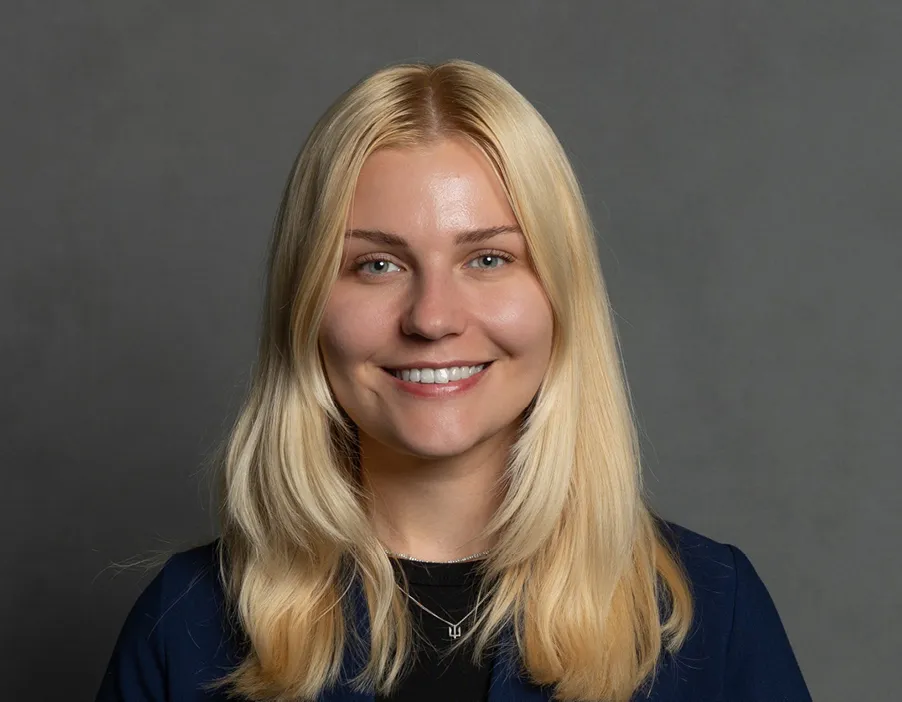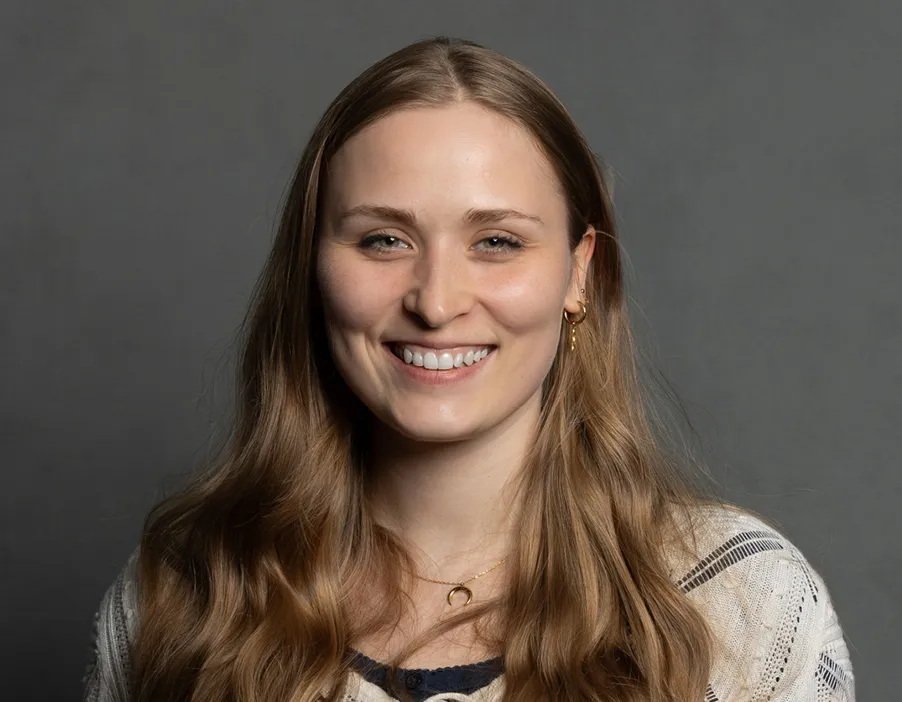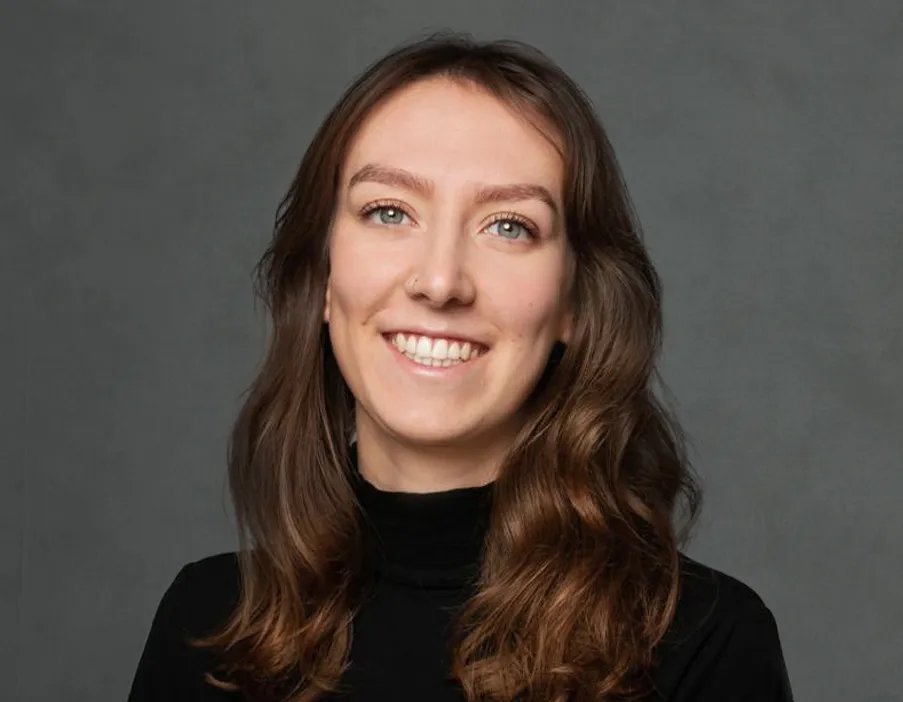international freshmen
Welcome to CBS - explore Germany, connect globally, and make unforgettable memories in Cologne!

prepare for your departure and studies in germany
Studying in a foreign country is a great opportunity to broaden your horizons, immerse yourself in a foreign culture, meet people from other cultural backgrounds, and study foreign languages. Especially for those who haven’t lived abroad before, coming to Germany to live and study is a great adventure! Good preparation is key. You undoubtedly have many questions regarding the steps you need to take as well as what to expect during your first few months in Germany. Do I need a visa? What documents do I have to bring to Germany? How high are living costs? How can I find accommodation?
entry and visa issues
Do I need a visa to study in Germany?
EU- and EFTA-citizens (Iceland, Liechtenstein, Norway and Switzerland):
Citizens from these countries do not need a visa. You only need a valid passport or ID card.
Citizens of Andorra, Australia, Brazil, Canada, El Salvador, Honduras, Israel, Japan, Monaco, New Zealand, San Marino, South Korea, United Kingdom, USA:
If you are from one of the above mentioned countries you do not need a visa when entering Germany. But within the first three months of your stay you must apply for a residence permit for study purposes with the immigration office (Ausländeramt).
Other Non-EU countries:
If you do not belong to the above mentioned countries you have to apply for a student visa in your home country. We strongly recommend starting the visa application process as soon as possible, as it can take a while. As visa regulations are different for every country and often change, please contact the German embassy or consulate in your home country to find out more about the visa regulations that apply to you.
Please note that exchange/study abroad students (staying for 1 or 2 semesters) with a valid residence permit from most EU countries do not need to apply for a visa. Please find more detailed information here. International full-time students should always contact their local German embassy.
On the following websites you will find more detailed and up-to-date information on all visa issues:
German Federal Foreign Offices
How do I apply for a visa?
If you need to apply for a visa before traveling to Germany these are the following steps to take:
Once you have completed your application at CBS, we will send you your letter of acceptance. With this document, you can apply for a national student visa (Visum für den Aufenthalt zu Studienzwecken) at the German embassy or consulate in your home country.
For your application you will need:
- A valid passport (make sure that your passport will not expire for the entire duration of your stay in Germany)
- Sufficient financial resources for the duration of your studies in Germany
- Proof of health insurance coverage
- Letter of Acceptance provided by CBS.
We will assist you with this process once you arrive in Germany.
Please do not travel to Germany on a tourist visa unless you are holding one of the particular citizenships mentioned above!
If you enter Germany on a tourist visa, you cannot convert it to a student visa after your arrival. You will have to travel back to your home country and re-apply for a student visa.
Proof of financial resources
If you need a student visa or ask for residence permission in Germany, you have to prove that you have the financial means to cover the costs of your time in Germany. Currently, most embassies and immigration offices request an amount of 992 euros per month. There are different options for proving that you have sufficient financial means:
Blocked Account:
A blocked account is a special form of a bank account. It must be funded with a specific amount depending on your length of stay, which is only accessible upon your arrival in Germany- until then the amount remains „blocked“. After your arrival and activation of the blocked account, you can withdraw 992 euros per month. The process of opening a blocked account can take several days up to several weeks. Therefore, we recommend that you start the process in good time, preferably as soon as you receive your letter of acceptance.
With Fintibia or Expatrio you can easily and quickly create a blocked account from your home country.
Income and Financial Circumstances of Parental Guardians:
Your parental guardians can submit documentation certifying their income and financial assets and guarantee your financial support. Please ask your respective embassy or consulate for detailed information about what requirements must be met.
Declaration of commitment (German: “Verpflichtungserklärung”):
A declaration of commitment can be submitted from a person living in Germany who can prove sufficient financial resources to support you. This person will be held liable for your financial costs.
Scholarship:
Should your studies be financed through a scholarship from public funds, or an organization recognized in Germany or your home country, you might not be required to provide any further proof. Please ask your respective German embassy or consulate whether your scholarship qualifies as sufficient proof of financial resources.
Please find further information on financing here.
Health insurance
All students studying in Germany must provide proof of adequate health insurance for the immigration office and for the university they are enrolled at.
You can choose to take out health insurance in your home country that includes coverage abroad or you can get health insurance from a company in Germany.
Often, insurance companies offer limited services and coverage when you are abroad. If you decide to get health insurance in your home country, be aware of the conditions that apply while abroad. Also, find out whether your health insurance will be recognized in Germany! If not (for instance, because reimbursements in the case of claims are too low), you will have to take out another insurance policy. In order to be recognized for a residence permit, your health insurance package must cover:
- Medical treatment by doctors and dentists
- Medical products, nursing care, provision of medication, remedies, aids and adjuvants
- Hospital treatment
- Rehabilitation services
- Pregnancy and birth benefits
EU and EFTA countries (Iceland, Liechtenstein, Norway and Switzerland) and the United Kingdom:
Students from these countries can bring their European Health Insurance Card (EHIC) or the form E104/S041 from their current health insurance which has to be recognized by a public German health insurance company after arrival.
Non-EU countries:
A public health insurance company in Germany will have to confirm any private and/or foreign insurance after your arrival. We personally recommend that you take out a public or private German healthcare insurance policy – for instance at Techniker Krankenkasse or at Mawista - because this will make the process of receiving medical treatment much easier. Please note that you cannot change your decision (public or private health insurance) during your studies in Germany.
What are the main differences?
With public German health insurance, you will not have to pay for medical treatment, whereas with a private and/or international healthcare insurance policy, you will have to pay for medical treatment in advance and then apply for reimbursements afterward. However, monthly tariffs may vary depending on the provider.
living in germany
Where do I find accommodation?
There are many student residence halls in and around the student cities. However, as all of them are very popular cities – not only for students – the housing market is quite intense. Therefore, it is a good idea to start looking for accommodation as early as possible. You can choose between different forms of accommodation, ranging from student dormitories, to single apartments, or shared flats.
Demand determines prices; therefore, rents are comparatively high. However, monthly living expenses can vary immensely, depending on your habits. Living in a shared flat is, in most cases, much cheaper than renting a single apartment.
What's the right type of housing for me?
Before you start looking for housing, it will be helpful to ask yourself some questions, in order to figure out what type of housing is suitable for you:
- What’s my budget?
- Do I want to live alone or in a shared apartment?
- Do I want a furnished or unfurnished room / apartment?
- How much commuting time is acceptable for me?
Montly living expenses can vary immensely, depending on your habits. Living in a shared flat is, in most cases, much cheaper than renting a single apartment.
Shared flats
It is very common for students in Germany to share a flat. Sharing an apartment with other German students is also a great way to learn German and immerse yourself in Germany student life! Furthermore, it is almost always the cheaper option, compared to living alone, as all expenses for electricity, internet, etc. are divided by the number of roommates. A very popular and comprehensive website for finding shared flats is „WG gesucht“. Available in English at www.wg-gesucht.de/en/ . Other websites are https://housinganywhere.com, www.studenten-wg.de or www.wohngemeinschaft.de.
CBS housing assistance
Should you require assistance with your search for accommodation, please contact us at accommodation@cbs.de. Our experienced colleagues are happy to answer your questions and assist you in your hunt for the right accommodation! They can also provide you with plenty of other tips on where to find accommodation and what to consider when renting a place.
Finding accommodation in Cologne
CBS Accommodation
In order to simplify the search for accommodation for CBS Students, we have built up a vast accommodation network including apartments in private student residences especially reserved for CBS Students. All our offered housing options are fully furnished and meet the highest standards specially tailored to all student’s needs. They are different types of CBS housing options spread all over Cologne. To receive further information on our housing options, please click here.
You can apply for one of the offered accommodations by using the Accommodation Request Form on the bottom of the given website.
Alternative Housing Options
Besides renting apartments especially reserved for our students, we also have a cooperation with the Cologne Students Union – the biggest student housing provider in Cologne – and maintain close relationships to a big amount of real estate agencies and private landlords.
Residence Halls from the Kölner Studierendenwerk
The Cologne Students Union offers a great number of reason-ably priced student residences close to the city centre. Thanks to a successful cooperation between CBS and the Cologne Students Union, you have the right to apply for a room there. However, since because nearly every Student in Cologne applies for a room at KStW, we recommend to register for a room as early as possible. The average waiting time for a room can be up to 6 months long. To apply you need to register online.
Mitwohnzentralen/ Flat Timeshare Centers
Another possibility of finding accommodation for one or two semesters is to use the services of recommended real estate agencies specialized on temporary housing solutions. The following agencies are especially recommended by us, work commission free and are 100% reliable. Using their services, you will be also able to find further housing options, being fully furnished and included the most needed services as a student. The minimum rental period of time for these housing options is 3 months.
ATTENTION
1. Be aware of scammers! You should never transfer money to a stranger without having contacted him personally before. Do never transfer money, if the “landlord” tells you that he/she is not in the country but that he/she will send you the keys by post (or by a friend/family member) after you have sent him the requested amount of money. This is scammer!
In any case of doubt, please do not hesitate to contact us: accommodation@cbs.de
2. Please do not reserve/book temporally limited and/or accommodations with a daily booking system, such as Airbnb/Wimdu/booking.com etc. for your whole period of stay. These kind of accommodations do not count as an official residence to the migration authorities (even then if you are renting a room for a longer period of time)!
CBS Private Accommodation Offers
CBS Students doing a semester abroad often offer their accommodation as a subletting offer for one to two semesters. The accommodation types vary from a single apartment to a room in a shared flat but all of them are normally fully furnished, include all additional costs and the prices range between 500 and 800 Euro. If you are interested in these kind of offers, please contact the accommodation team directly: accommodation@cbs.de
No Housing Yet?
Don’t panic! If you haven’t yet found accommodation by the time you arrive in Germany, there are numerous hotels and hostels near the CBS campus where you can stay. Please make sure to book a room prior to your arrival though. If you’d like advice about budget options and locations, please contact our accommodation service: accommodation@cbs.de.
How much are the living expenses?
The average monthly living expenditure amounts to approximately 1000 euros per month, including rent, food, clothing, travel expenses, health insurance and medical costs, course materials and leisure activities.
You may count with costs of between 350 and 600 euros for a room in a shared flat and 500 to 800 euros for a 1-2 room apartment. Please note that all the accommodations provided by CBS are always fully furnished and the prices include not only all accommodation costs but also a full support service package, therefore, the prices might vary from the average free market prices.
Public Broadcasting Fee
In Germany, every household has to pay a public broadcasting fee (Rundfunkbeitrag) of 18,36 Euros for German public television, radio and online services, regardless of their actual media use. There are no exceptions for international students. Persons living in a shared accommodation can share the costs for this fee (only one person in the flat needs to pay).
Please find more detailed information here.
pre-departure checklist
- Valid passport (and visa)
- Credit card and some cash for the first days
- Plane ticket(s)
- Prescription medicine (if needed)
- School certificates, translations and certified copies
- Vaccination card (if you have one)
- International driver’s license (if you have one)
- Hotel/hostel room for the first days after your arrival
- Contact details CBS
- Your own laptop for lectures and exams
arriving in cologne
The first days in Cologne
When you arrive in Cologne, there are some things that you have to take care of: enroll at CBS, register with the city of Cologne, apply for your residence permit, etc. Don’t worry: during your Introduction Week, we’ll assist you with the bureaucratic steps and answer all of your questions!
Registration at the residents registration office (Einwohnermeldeamt)
If you are staying in Germany for more than 90 days, you need to go to the (residents' registration office) to register within two weeks after you found an accommodation for your stay in or around Cologne (shared flat, apartment etc.).
Once you have registered, you will receive a registration certificate which you may need for other administrative formalities.
If you are living in a Hotel or Hostel you don’t need to register.
Please find more information on this process here.
Registration at the immigration office (Ausländeramt)
EU- and EFTA citizens (Iceland, Liechtenstein, Norway and Switzerland) do not need a residence permit. However, all other citizens must report to the immigration office and apply for a residence permit within the first 3 months of their stay.
The following documents are therefore required:
- Passport colored copies of front and visa page
- Registration form (“Antrag auf Erteilung einer Aufenthaltserlaubnis“)
- Biometric picture (name on the back, not older than 3 months)
- Certificate of enrollment from CBS
- Registration certificate, from the resident registration office
- Copy of rental agreement
- Proof of sufficient financial funds (e.g. blocked account, bank statements from parents)
- Health insurance certificate
- Cash for the fee (up to 110 EUR) and debit card
A student residence permit is issued for a period of up to two years, depending on the length of your studies in Germany. It must be extended in a timely manner before the end of this period.
Banking
You can open a bank account with any savings bank. Most banks offer free current accounts for students. Compared to other countries, people in Germany frequently pay in cash, especially small amounts, but paying for day-to-day purchases by EC or credit card is also common. Since opening a bank account can take some time, we would advise you to bring enough cash for the first few weeks.
When opening a bank account in Germany you need to bring the following documents:
- Passport
- Your student card
- Your registration certificate with the City of Cologne
May I work when studying in Germany?
EU and EFTA countries (Iceland, Liechtenstein, Norway and Switzerland):
Students from these countries have free access to the German job market and have an equal legal status on the labor market as German citizens. They may work up to 20 hours weekly.
Non-EU countries:
International students from other countries can work a total of 140 full days or 280 half days per year. If you wish to work more, you will need to apply for another kind of permit. As an international student, you are not allowed to be self-employed or work as a freelancer.
You can find more information on working in Germany here.
The job portal from the University of Cologne offers, for example, jobs for students.
Internships
In general, you have the opportunity to do an internship in Germany.
Voluntary internships – paid and unpaid – count towards the 140 full / 280 half days per year.
Mandatory internships can be completed additionally.
Please keep in mind that the working language in most companies is German. If you don’t speak German, you should look for larger international companies, or companies from your home country with a subsidiary office in Germany.
Please contact our career service team at career@cbs.de in case of any further questions.
Enjoy the benefits of being a member of Cologne's Student Union
As a CBS student, you are a member of the student union („Kölner Studierendenwerk“) that represents all students in Cologne.
All members benefit from the comprehensive services provided by the student union. These services range from housing, to psychological counseling, to the library of the University of Cologne and a large portfolio of sports offers.
There are many more interesting service offers, for example, regular meetings of international and German students to practice foreign languages and so on.
Please visit the student union’s homepage at: www.kstw.de to explore the variety of services.
Public Transportation
Your student ID card also serves as a travel ticket for public transportation in the whole region of North Rhine-Westphalia (Except from IC, EC and ICE trains). You may use any busses, subways, underground and regional trains. Please find more information (in German) on the semester ticket and the region of the NRW Student Ticket here.
Sports
The Cologne Student’s Union offers a wide range of all kinds of different sports activities, for instance: Basketball, Volleyball, Dancing, Fitness, Watersports etc. Almost all courses are for free. On the website www.hochschulsport-koeln.de you will find more detailed information.
Student Canteens
Besides the CBS cafeteria, you can go to all student canteens in Cologne, where you can find meals at student-budget friendly prices. Check out the food plans of the canteens here.
Libraries
If you can’t find the right books or articles in the CBS library, you could also do your research in the libraries of the University of Cologne, which offer a wide range of specialized literature.
Study Buddy Program and student initiatives
For many of you it will be the first time living in Germany or in a foreign country in general. For this (special) reason, CBS students want to support you during your first weeks at CBS, helping you to integrate into the CBS community quickly and to handle daily student life in Germany!
This is a great opportunity to enhance your language skills (English and/or German or even any other language can be possible) and make new friends not only from Germany but from all over the world.
Our International Club will get in touch with you regarding this program.
We also have many student initiatives you can join to get involved at CBS. Please find further information here.
LGBTQIA+ personal organisations
Rubicon (In Cologne): Offers counseling, health promotion and support for lesbian, gay, bisexual, trans*, inter* and queer people and groups. Rubicon is a reliable address for anti-discrimination work in North-Rhine Westphalia.
Baraka (from Rubicon): A place for international LGBTQ+ people in Cologne and surroundings
Anyway Köln: For youngsters, room for young lesbians, gays, bi, trans* and queers up to 27 years old.
SC Janus (in Cologne): LGBTQ+ Sports Association - Europe's oldest and largest sports association for lesbians, gays, and friends, based in Cologne.
Useful Apps
DB Navigator: App provided by the “Deutsche Bahn” for travel information in local and long-distance traffic, tickets, travel connection maps
KVB Mobil: Tickets travel information for busses and trains in Cologne
Komoot: Route planner, navigation app, tour guide and a social network for outdoor activities
Rausgegangen: Events and discoveries in and around Cologne
Google Translator: Translating App provided from Google including camera-translation
what do i do in case of an emergency?
During the introduction week, we will inform all international students regarding precautions you may need to consider for your stay in Germany and your trips around Europe. The CBS International Office also has contact information to counselors for different languages, should students need psychological support after an emergency situation.
In case of an emergency please call:
Police: 110
Emergencies & Fire Department: 112
Medical Emergency Service: 116 117
Dental Emergency Service: 01805/ 986700
how do i get to campus? where can i park?
We recommend that you come to the CBS by tram. The tramstop of the KVB (the Cologne Public Transport Association) is just around the corner.
However, if you are forced to come to the CBS regularly by car, the CBS offers some subsidised parking spaces in the immedate vicinity of the CBS. A parking space normally costs 90€/month – however, the CBS pays a share, so that the price for students is 50€/month.
Experience has shown that parking spaces are always allocated quickly. But maybe you will be lucky! If you would like to have a parking space, please contact us at students.office@cbs.de. If no spaces are currently available, we will put you on our waiting list.
Do you have any questions?
The team at the CBS International Office is happy to assist you with all questions around studying abroad at CBS and planning your stay in Germany. Likewise, as a CBS degree student, we will of course support your plans to study abroad at our international partner universities, or make plans for further international experiences, and guide you through the application process and planning of your stay abroad!


.svg)













